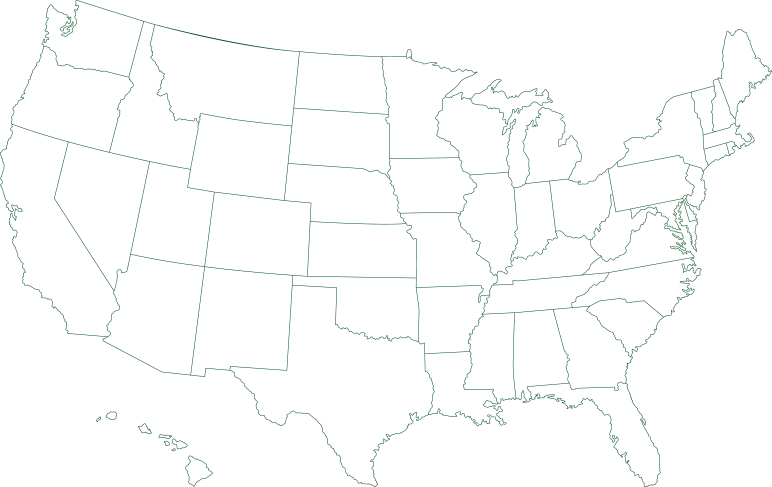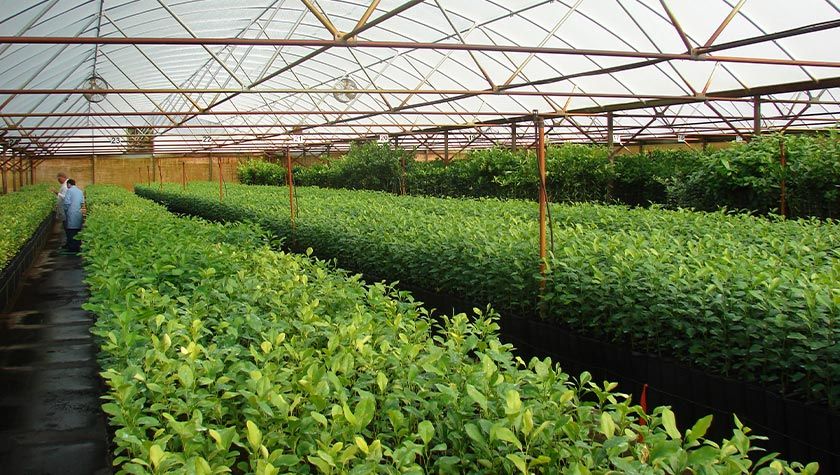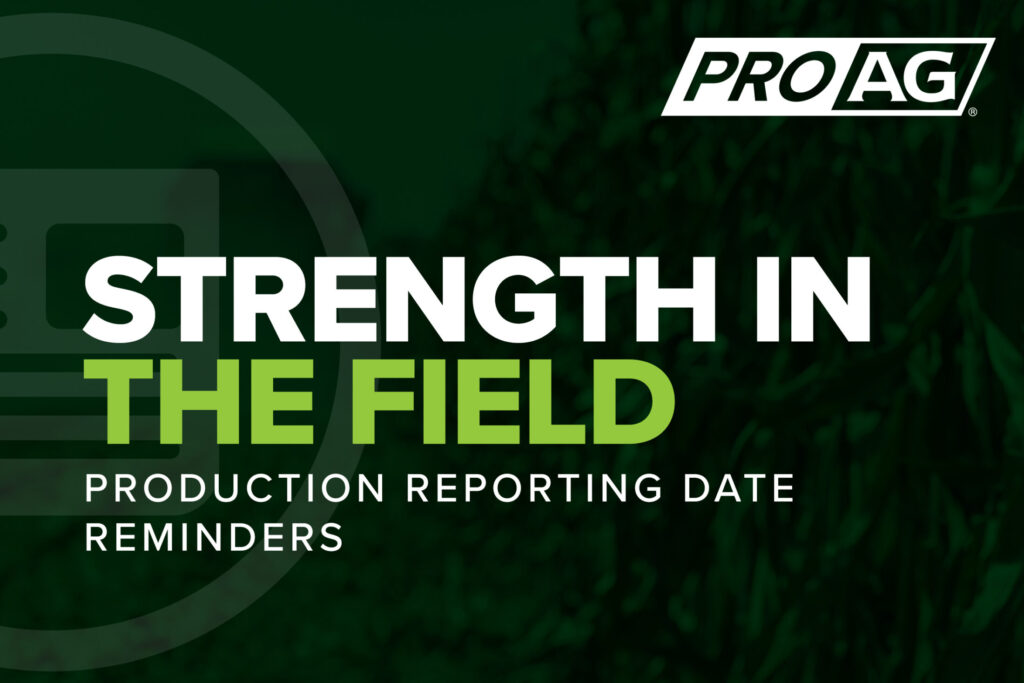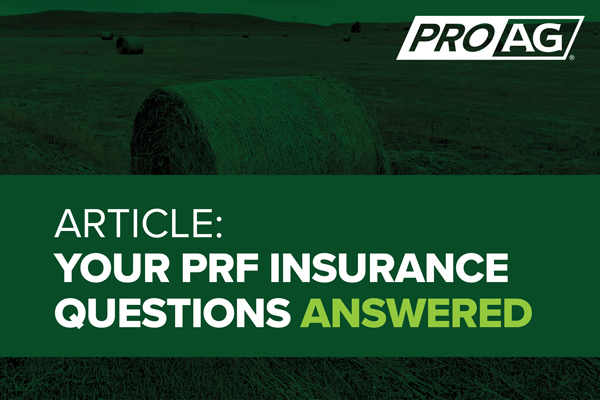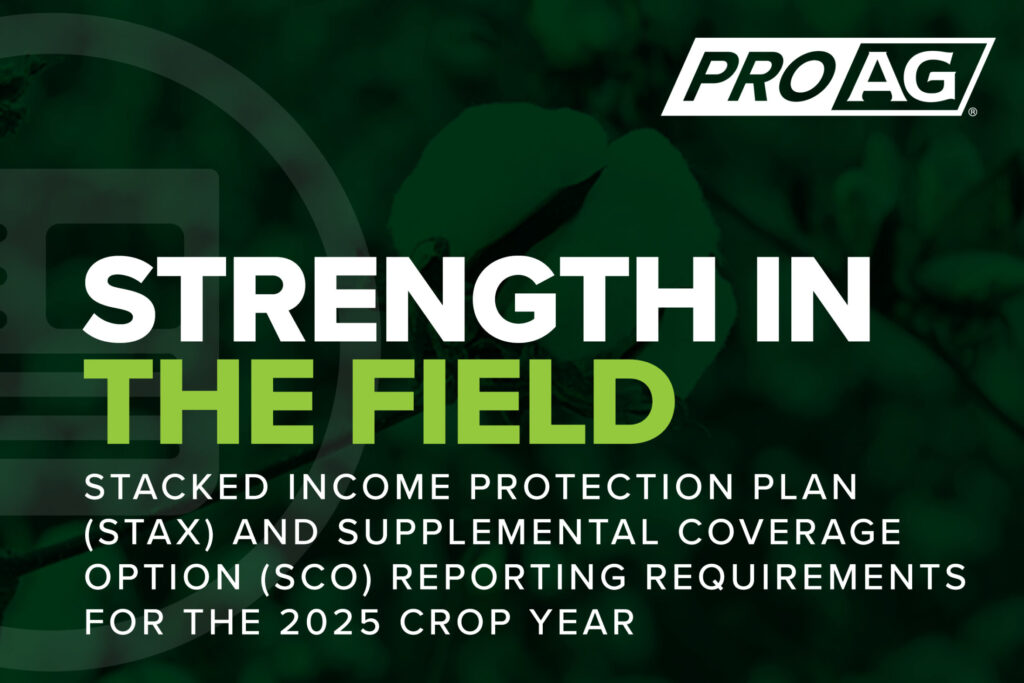How Nursery Crop Insurance Works
Insurance coverage applies, by practice (field-grown or container), to all of your nursery plants in a county that:
- For which you have a share
- Are on the eligible plant list
- Are grown in a nursery that receives at least 40 percent of its gross income from the wholesale marketing of nursery plants
- Meet all the requirements for insurability
- Are grown in an appropriate medium, and
- Are grown and sold with the root system attached
Nursery plants may not be insured if they:
- Are grown in containers containing two or more different genera, species, subspecies, varieties, or cultivars
- Are grown as stock plants, or
- Are grown solely for harvest of buds, flowers or greenery
Plants producing edible fruits and nuts can be insured if the plants are available for sale. Harvesting the edible fruit or nuts does not affect insurability.
Your nursery must be inspected and approved as acceptable before insurance coverage can attach.
Causes of Loss
You are protected against the following:
- Adverse weather conditions, including wind, hurricane and freeze. If cold protection is required by the EPLPPS, adequate and operational cold protection measures must be in place
- Failure of irrigation water supply, if due to an insurable cause of loss, such as drought
- Fire, provided weeds and undergrowth are controlled and
- Wildlife
Plant damage or losses in value as a result of the following situations are not covered:
- Collapse or failure of buildings/structures, unless caused by an insurable cause of loss
- Disease or insect infestation, unless effective control measures for the infestation do not exist
- Failure of plants to grow to an expected size
- Inadequate power supply, unless such inadequacy is a result of an insurable cause of loss and
- Inability to market nursery products due to a stop sales order, quarantine, boycott, phytosanitary restriction on sales, or buyer refusal
Important Dates
Sales Closing/Cancellation ……..…..……. May 1
Contract Change Date ……………… January 31
Insurance Period Begins ………………… June 1
Nursery Commodity insurance loss example
$100,000 Plant Inventory Value
0.65 Coverage level percentage
$65,000 Unit amount of insurance
$100,000 Field market value before loss
$50,000 Field market value after loss
$50,000 Value of Loss
$35,000 Deductible
$15,000 Indemnity
The deductible shown above is (1 – coverage level) X inventory = (1 –0.65) X $100,000 = $35,000

"*" indicates required fields
